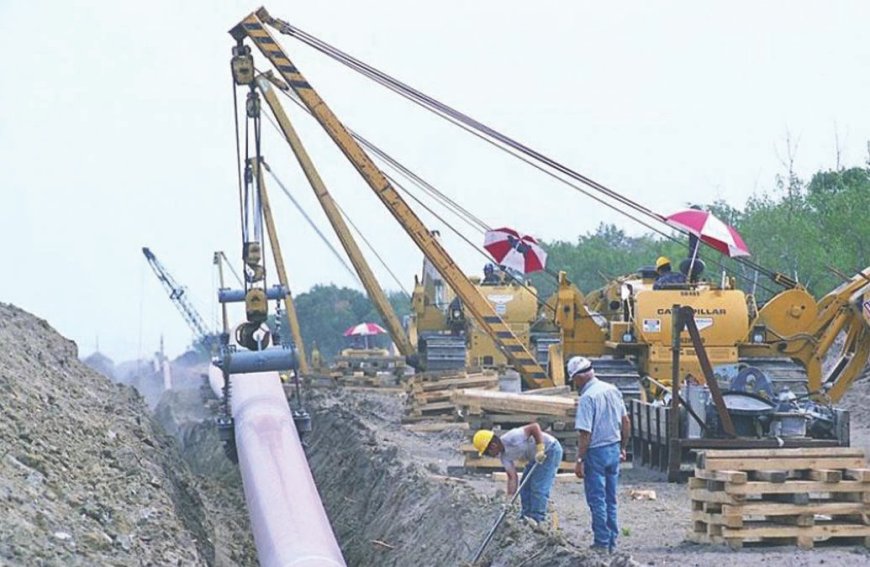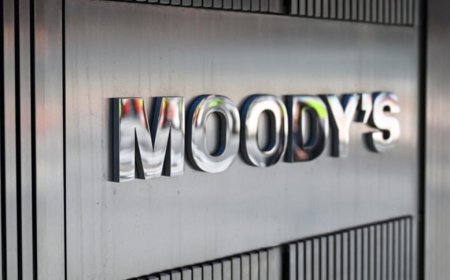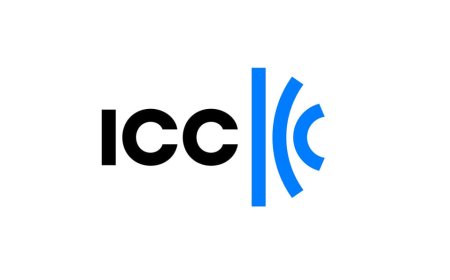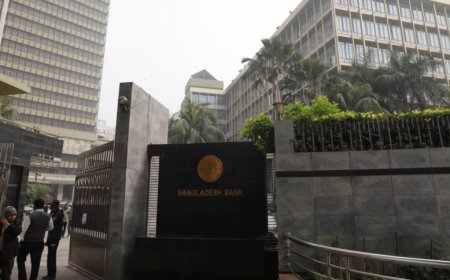Pipeline to transport oil from Chattogram to Dhaka starting in March
Pipeline to transport oil from Chattogram to Dhaka starting in March

The project to transport fuel oil from Chattogram to Dhaka via a pipeline is set to conclude this month, with 250 kilometers of pipeline already installed.
The Bangladesh Petroleum Corporation (BPC) plans to begin fuel transportation through the new pipeline starting in March. This initiative is expected to save approximately Tk 2.36 billion (Tk 236 crore) annually. According to BPC officials, the project will not only reduce transportation costs but also streamline the supply system and help mitigate environmental pollution.
The pipeline will transport up to 2.7 million tonnes (27 lakh tonnes) of diesel annually, while the current demand stands at 2.14 million tonnes (21.4 lakh tonnes).
Project Timeline and Cost
Initially approved in October 2018, the project faced delays, with construction beginning in 2020. The original completion date of December 2020 was extended twice, first to December 2022 and then to December 2024. Initially estimated at Tk 28.62 billion (Tk 2,862 crore), the project cost has escalated to Tk 36.99 billion (Tk 3,699 crore) due to several factors, including changes in project design, delays caused by the COVID-19 pandemic, and rising costs of imported equipment from Europe, exacerbated by the Russia-Ukraine war and dollar price fluctuations.
The construction is being executed by the Bangladesh Army’s 24 Engineer Construction Brigade.
Pipeline Details
The pipeline consists of two sections: one from Chattogram’s Patenga to Godnail Depot in Narayanganj, passing through Feni, Cumilla, Chandpur, and Munshiganj; and another from Godnail to Fatulla in Narayanganj. Additional equipment such as booster pumps and nine generators are included in the project.
Operational Benefits
Currently, oil is transported to Dhaka by waterways and then by road from Narayanganj, costing Tk 2 billion (Tk 200 crore) annually and requiring 150 ships each month. The new pipeline will replace this system, saving both time and costs.
Once operational, the project is expected to generate Tk 3.26 billion (Tk 326 crore) in revenue annually, with operational and maintenance expenses of Tk 900 million (Tk 90 crore), resulting in net savings of Tk 2.36 billion (Tk 236 crore) per year. The investment is projected to be recouped within 16 years.
Implementation Timeline
According to Project Director Md Aminul Haque, the construction will be completed by December, followed by commissioning work and operational readiness. BPC Director (Operations and Administration) Anupam Barua confirmed that oil transportation via the pipeline will commence in March, following staff recruitment and training. The initiative is expected to save both money and time while ensuring a more efficient fuel supply chain.
What's Your Reaction?




















































































